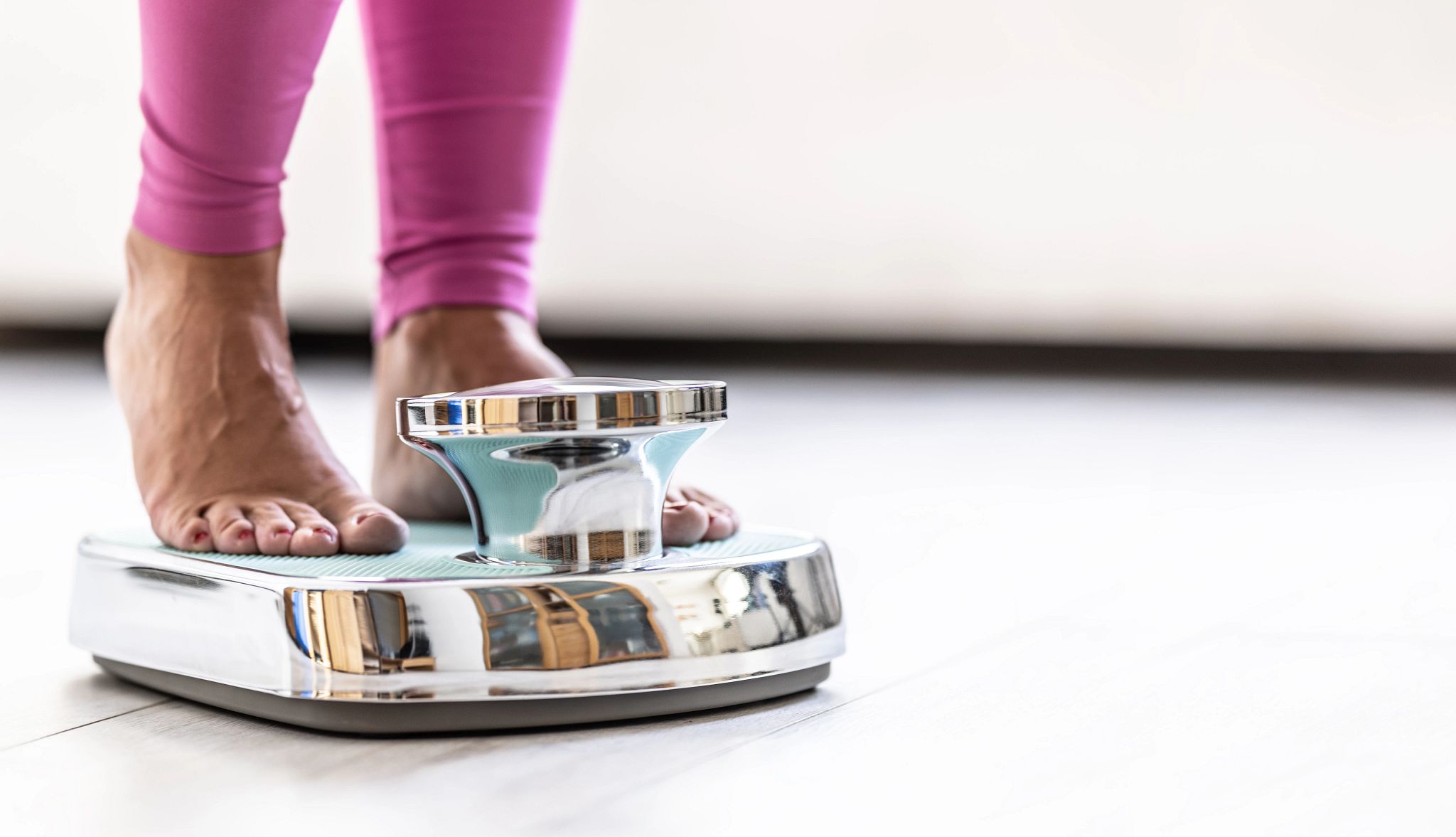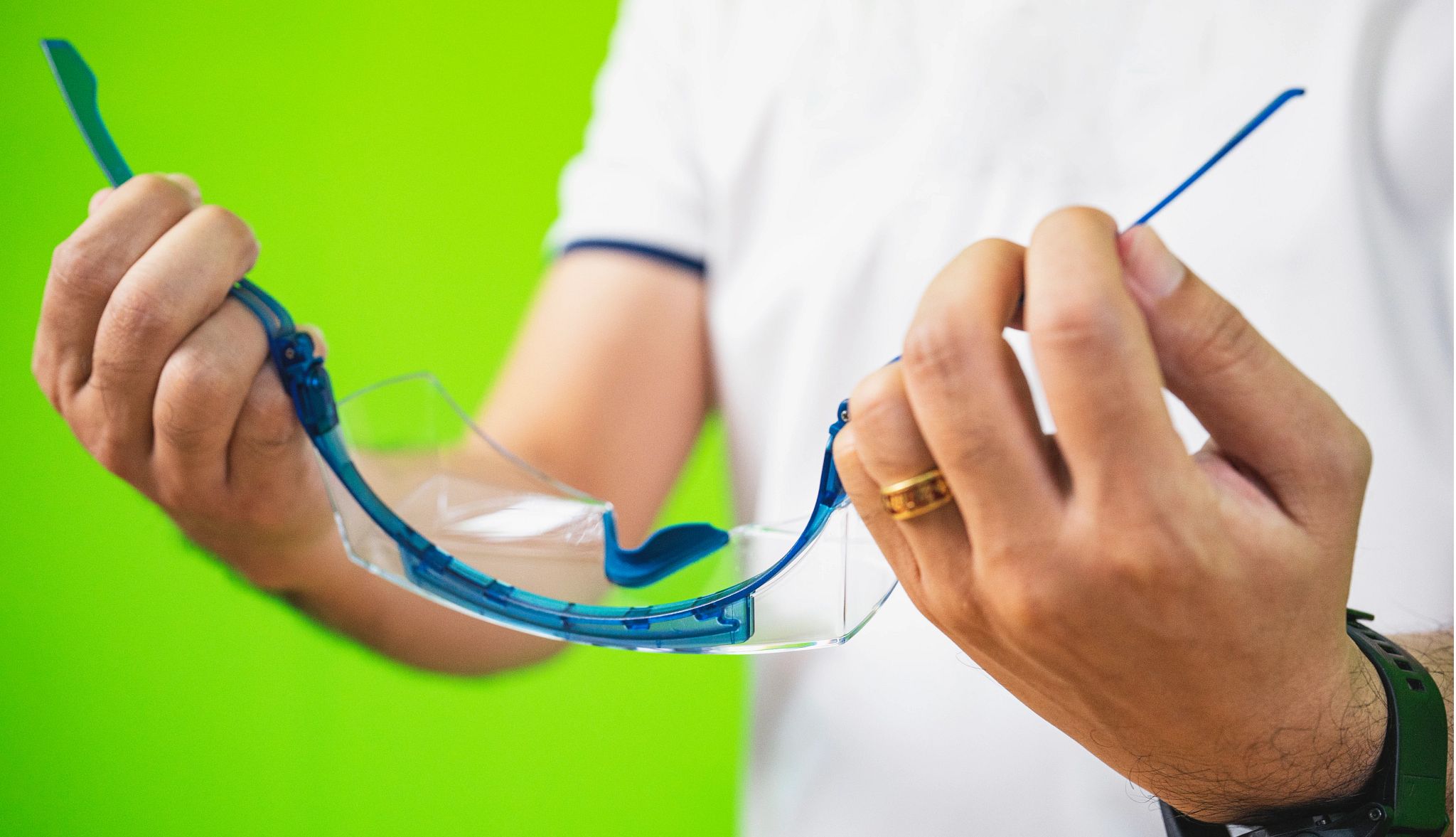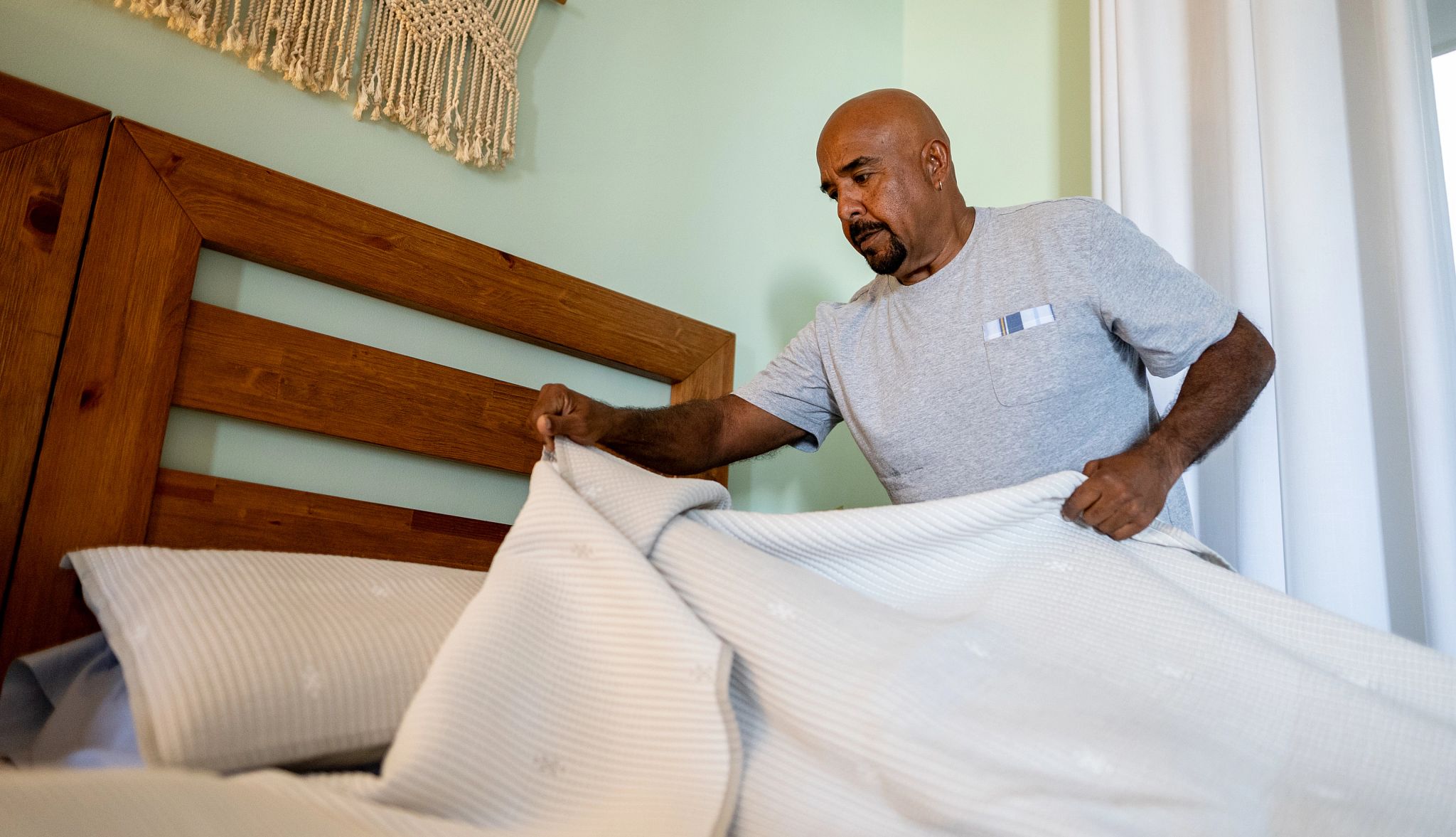AARP Hearing Center


If you aren’t preparing for surgery now, you may be in the future.
Advances in both medical care and medical technology mean “people are living much longer, healthier lives,” says Patricia Turner, M.D., executive director and CEO of the American College of Surgeons. “We have ... minimally invasive approaches that make surgery more acceptable to people who might not have previously been candidates.”
Even with all the progress in medicine, it’s still smart to take your surgery seriously and prepare for both the surgery and post-recovery. Here’s what you should keep in mind if you’re facing one of the following common surgeries, with tips on what to do before, during and afterward.


ORTHOPEDIC SURGERY
1. Lose weight before your procedure
If you need either total knee or total hip replacement surgery and your weight is significantly higher than it should be, your surgeon may want you to lose weight before the procedure.
Studies indicate that people with a body mass index (BMI) of over 40 are more likely to have complications — among them, increased risk of infection, poor wound healing, blood clots and what’s known as revision surgery — both during and post-surgery than people with a BMI lower than 40.
“You don’t want to put off something that has a time crunch to it,” says Turner. “But with some procedures, if you can lose weight in advance, you can have better outcomes.”
Talk to your doctor about what makes sense for you. Depending on your overall health, you may be a candidate for one of the new GLP-1 drugs (Ozempic, Wegovy, Mounjaro, Zepbound) that can help you shed 10 to 20 percent of your body weight. If you go that route, your doctor may recommend adjusting weekly-dosed GLP-1 agonists a week before the procedure, and daily-dosed ones on the day of surgery.
2. Give up smoking
Smokers facing surgery can add the following to the many reasons giving up cigarettes is a nonnegotiable. Smoking ups your risk of complications — like pneumonia, infection, slower wound healing, a higher chance of heart attack — during and after any procedure. And, not surprisingly, “smoking can increase the chance of your cancer coming back,” says Tom Varghese, M.D., chief, Section of General Thoracic Surgery at the University of Utah, and professor of surgery at the University of Utah School of Medicine. “There is nothing good about active smoking at the time of your surgical intervention.”
If that intervention is on your immediate horizon, you might be wondering if it’s too late to kick the habit. It depends on when you last lit up. “In the first 48 to 72 hours, the body responds with an increase in secretions in the respiratory passages,” explains Varghese, whose own research focuses on how to optimize patient health before elective surgery. “This would be the worst time to do surgery, as there would be an increased chance for aspiration.”
If you’re having an elective procedure, ask if the surgery can be scheduled for two to three weeks after your last cigarette. By then, says Varghese, “the secretions decrease, and the body gets used to being without nicotine.”
There are multiple ways to kick the habit, including prescriptions, practicing mindfulness and relying on support groups. Medicare Part B covers counseling sessions, and Part D covers prescription drugs to help you stop smoking.
3. Schedule your surgery for the first part of the week
No one’s saying the B-team takes over on weekends, but research suggests that having elective surgery — meaning a procedure that can be scheduled in advance and isn’t done for an immediate, life-threatening health problem — on a Friday or over the weekend can result in poorer outcomes. When you schedule surgery, ask for the first part of the week; oftentimes physical therapists and other rehabilitation personnel are not as available on weekends.
4. Prep your home for post-op
Research suggests that falls within the first six months to a year after a hospital stay are not uncommon. That’s especially true for people who’ve had orthopedic surgery. In one study, published in the International Journal of Surgery Open, around 1 in 4 patients 65 and older sustained a fall within the first year after knee replacement surgery.
Plan ahead to avoid being that one. Place night-lights in hallways and rooms that tend to get dark. If you live in a two-story home, set up temporary sleeping quarters on the first floor. Remove loose area rugs and other things you may trip over, like electrical cords, wires and toys (whether they’re your pet’s or your grandkid’s). Prepare and freeze at least a week’s worth of meals. And invest in helpful items — like a cane or walking stick, a foldable wheeled walker, a portable commode, a transfer bench to get in and out of the bathtub — that can aid with daily tasks while you’re on the mend. Some of these may be covered by insurance.
5. Take notes at discharge
Sure, your surgical team will load you up with printouts and website addresses detailing post-op care. But no two patients are alike. Be sure to go over any specific concerns, and take notes — better yet, have a family member or friend take them for you — to confirm:
- When you’ll see the doctor again
- Dates and times of home nurse or physical therapist visits
- What to expect in terms of swelling. Moderate to severe swelling in the first few weeks after surgery is normal.
- When to change your bandages
- When it’s OK to shower, to be alone at home and to drive
6. Wait to fill your opioid prescription
Depending on the type of surgery and your level of post-op pain, you may be able to find relief without opioids. For instance, a long-acting nerve block for an orthopedic procedure — used alone or as part of general anesthesia — will address the first three or so days of post-op pain, says Mohammed Issa, M.D., medical director of the Pain Management Center at Brigham and Women’s Faulkner Hospital and assistant professor at Harvard Medical School.
Other non-opioid options: ice and elevation, and a dose of over-the-counter pain relievers like acetaminophen (Tylenol), or nonsteroidal anti-inflammatory drugs (NSAIDs) such as aspirin, naproxen (Aleve) and ibuprofen (Advil, Motrin). “Common over-the-counter meds will do the job in 60 to 80 percent of patients,” says Issa. If you wait to fill your opioid prescription, be prepared with access to a 24-hour pharmacy in case pain becomes unbearable in the middle of the night. Your prescription is good for up to seven days.
7. Load up on protein and carbs
Good nutrition takes on added importance in the weeks and months before and after surgery. “In general, patients are recommended to eat an overall healthy diet that includes foods adequate in lean protein along with several servings of fruits and vegetables,” says Liz Weinandy, a registered dietitian nutritionist at Ohio State University Wexner Medical Center. “Foods low in nutrients should be limited so they don’t crowd out healthier foods that contain the nutrients which promote healing.”
Especially important: protein and carbs. Research suggests that protein-loading one to two weeks before surgery, and extra protein up to three months post-op, improves recovery and decreases muscle atrophy.
“Protein and carbs both play an important role in preoperative and postoperative nutrition for patients,” says Weinandy. “Recommendations differ based on a patient’s nutritional status prior to surgery.” Most patients should consume around 100 grams of carbohydrates (found in two cups of brown rice or roasted potatoes) the night before surgery, “and another 50 grams of carbohydrates a couple hours before surgery, usually in the form of a beverage like apple juice.”
All that said, it’s best to confirm with your surgical team that intake timing makes sense in your case.


CANCER SURGERY
8. Pregame: Spend time in nature
Tending to your emotional well-being is a key part of what’s known as prehabilitation, a strategy designed to boost physical and mental health before surgery. “Try to decrease all the stressors as much as possible,” says Issa. One proven means to that end: spending time in nature. It reduces stress and anxiety, lowers blood pressure, improves sleep and mental health, boosts the immune system — the list goes on.
And you don’t have to spend hours in a national park to reap the rewards. Research suggests that any nature is better than none. Even a walk down a tree-lined street can restore your attention and reduce your blood pressure. The same goes for simply listening to the sounds of nature, even if those ocean waves and birdsongs are courtesy of an app.
9. Get ahead of pain
Postsurgery isn’t the time to be a hero. Don’t wait until the pain kicks in before you reach for meds or hit the pain pump. With the help of your medical team, try to proactively time the consumption and delivery of your pain medication.









































































You Might Also Like